 |
| Professor Pham Tat Dong stated that we must train generations that can adapt to change. |
Knowledge economy requires open education
How do you evaluate the importance of an open education?
The process of entering the 21st century must clearly see that the knowledge provided by schools is only initial capital; that capital is not enough to last a lifetime. Post-secondary knowledge combined with knowledge acquired through lifelong learning is the knowledge that the development of the knowledge economy requires of each citizen. Therefore, open education is necessary.
In my opinion, open education will create a system of digital, diverse, multi-disciplinary open educational resources with no barriers to access. From there, it will help everyone access the learning materials they need to use. Thanks to that, the number of people learning through open educational resources will not be limited.
In the open education system, open universities are the core force, opening online courses. Thanks to smart mobile devices, each course can serve many people at the same time.
Open universities in the world usually do not consider entrance qualifications. Anyone who needs a university education can be provided with knowledge. The problem is how students will learn to satisfy their knowledge needs, and if they want to get a diploma, the accumulation of sufficient knowledge is decided by the school.
In my opinion, vocational schools, professional schools and open universities will create lifelong learning conditions for everyone in the direction of universalizing learning services, personalizing learning, contributing to building a high-quality workforce as a strategic breakthrough in socio-economic development.
People's daily work is always changing, requiring how often to update knowledge, according to you?
Yes, in the modern world, people's daily work is always changing and requires constant updating of knowledge. That is, we must learn promptly, need the most practical things so we must update regularly, learn to serve the work.
Open education is barrier-free for learners. If people do not have the conditions to attend classes, they can study online, can study at any time, according to certain content, study at home, study in the evening... Open education in general opens all aspects to learners and is increasingly cheap.
If we do not learn and update our knowledge continuously, we will be eliminated by artificial intelligence and high technology. Therefore, we must learn continuously, develop the ability to adapt, be creative and always be proactive when facing unpredictable problems.
What to prepare for living in a VUCA world?
So, in your opinion, what should education prepare people to be able to live in a volatile and unpredictable world?
It can be said that the world is in a complex, constantly changing, unpredictable phase, many phenomena are happening very vaguely, unclearly, not knowing how it will end, how to deal with it... Many production fields are developing rapidly, many difficulties and risks of job loss that people have to face.
In the modern world, events and incidents are often global in nature and human encounters are extremely complex. Therefore, new technologies must be developed, and in particular, generations must be trained to adapt to change. Education needs to take into account the conditions of adapting to the VUCA world to have a suitable training program.
How does the explosion of technology affect the global connectivity of today's youth from your perspective?
The world we live in is a volatile world, unpredictable changes, many fields of production develop rapidly, many difficulties and risks that people have to face. VUCA World is the name of a world of volatility, uncertainty, complexity and ambiquity.
Many experts have recommended to the Government the necessary skills that should be included in the education program at all levels. Accordingly, it is necessary to focus on forming and developing skills such as cooperation, communication, critical thinking, creativity and lifelong learning.
Children must learn in a different way, not in a rigid way, following a dry program, teaching according to a pattern. We must interact more, cooperate more to solve problems. If we do not teach children how to cooperate in groups, do not teach them the necessary knowledge to behave with machines, it will be... broken.
Therefore, people say that the VUCA world is constantly emerging, Covid-19 or the appearance of ChatGPT also makes the world change. Therefore, people must move forward and have the ability to adapt to complex situations. To live in this world, there must be some basic factors such as creativity and knowledge to deal with problems.
Traditionally, children usually attend class during the day to listen to lectures. In flipped classes, teachers assign homework in the evening and students study on their own; the next day in class, students work with teachers to solve specific problems and tasks.
There are also many ways of learning such as project-based learning, many students solving a task together, or creating products that can be sold or popularized... but to adapt to the VUCA world, online learning is still the most important.
In Vietnam, the first difficulty when learning online is the machine, the second is the level of the teacher. Because not all students have computers to study, or do not have smartphones to connect to data.
Regarding the teacher, when teachers teach in class, holding a piece of chalk and talking is different from teaching online. Teaching online means preparing different lessons, more interaction, more images, the problems posed require more thinking, that is, always answering the problems posed.
Online learning requires games, images and interactions to be vivid. Therefore, entering the VUCA world, schools must be different, cannot be like old schools.
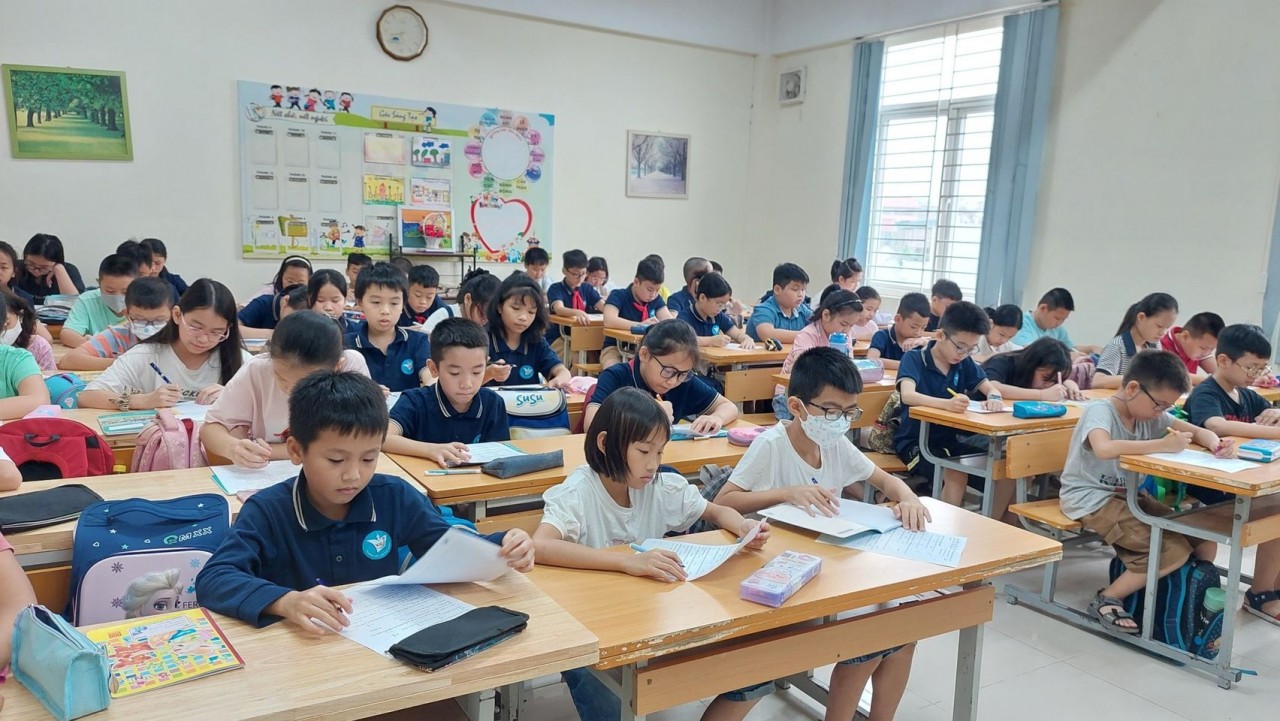 |
| Many scientists consider Generation Alpha to be “naturally digital”. They call this generation by many different names such as “Glasses Generation”, “Screen Generation”, “Internet Generation”… (Photo: Thu Phuong) |
Need proper attention from the education system
In this VUCA world, what is the problem here? Is the current generation of students having difficulty?
Gen Z is the generation born between 1997 and 2012. This is a generation that is very different in terms of both ability and personality from the previous generation. They learn foreign languages faster than their parents, have the ability to learn online, have sharp critical thinking, and have superior ability to use information technology. Therefore, when starting work, Generation Z is more dynamic and effective through the application of technology.
Generation Z is called the “Technology Generation”, “Network Generation”, “Digital Generation”. This generation is experiencing the VUCA world. They need education that creates every opportunity and condition for them to become high-quality human resources.
Generation Z is increasingly moving towards the model of global citizenship, that is, citizens with multiple nationalities who can work in many places around the world. However, today's education still has many barriers that prevent many members of Generation Z from accessing the fruits of modern culture and technology.
Meanwhile, Generation Alpha was born between 2013 and 2028. Since birth, Generation Alpha has lived in a world of modern technology, immersed in a digital environment. Therefore, children born in this period almost have the ability to live with the screen world. To be more precise, the screen world is like a nanny for this generation.
Many scientists consider Generation Alpha to be “naturally digital”. They call this generation by many different names such as “Glasses Generation”, “Screen Generation”, “Internet Generation”…
Children of this age are not culturally constrained, that is, they accept cultures other than their own. This generation will travel abroad more, live in a more global “home”, and have a broader concept of borders.
Rather, the explosion of high technology will make Alpha a generation with global connectivity. Children of this generation will study, work, and travel between countries without any barriers of language and culture.
In particular, according to many documents, Generation Alpha will redefine the concept of “work”, change school models and education models. Lifelong learning will be the way of life for this generation. Perhaps, thanks to global connectivity, Generation Alpha will gradually blur the traditional geographical, cultural, and linguistic boundaries of the country.
Gen Z is experiencing a VUCA world. What do you think are the barriers they face today?
We often look at the younger generation with static eyes, while it has changed a lot. The current barrier is the adults' perception of this generation.
It can be said that, compared to the previous generation, you have a stronger development acceleration, that is, your psychological and intellectual development is different from your fathers and brothers. Thus, every 10 or 15 years, there will be a generation with a completely different development acceleration in terms of psychology and physicality.
What are the core issues that need to change from your perspective? What kind of education do children need to become high-quality human resources?
In my opinion, training students must be closely linked to work. Whether at home or in class, it seems that students rarely participate directly in work because they spend a lot of time studying. That is a pity. The work process not only helps students develop the ability to manage time and finances, but also helps them realize their own value early.
In fact, when applying for a job, businesses will require young people to have a higher level of awareness and working ability. Therefore, they need an educational program that is not too heavy on theory, but more practical. From there, it will help them gain skills and adapt to the changes of the world.
Therefore, Vietnam's education in the period of 2021 - 2030 needs to prepare Alpha children to become global citizens. To do so, it is necessary to avoid cramming knowledge that is not necessary for their future or avoiding studying just to take exams or study to get a degree.
Thank you very much Professor!
Source


![[Photo] Prime Minister Pham Minh Chinh chairs meeting to urge highway projects](https://vstatic.vietnam.vn/vietnam/resource/IMAGE/2025/3/29/6a3e175f69ea45f8bfc3c272cde3e27a)


![[Photo] Dong Ho Paintings - Old Styles Tell Modern Stories](https://vstatic.vietnam.vn/vietnam/resource/IMAGE/2025/3/29/317613ad8519462488572377727dda93)


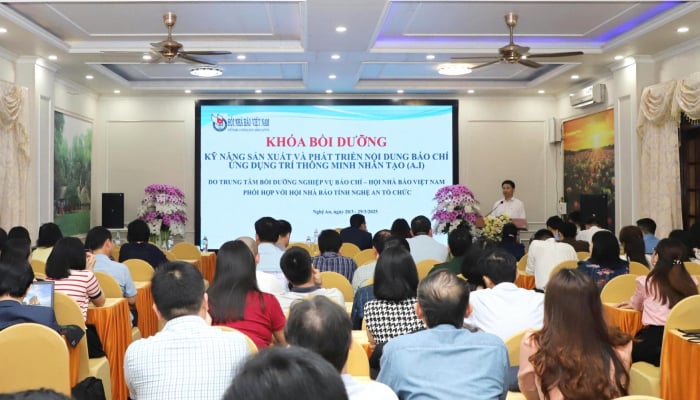

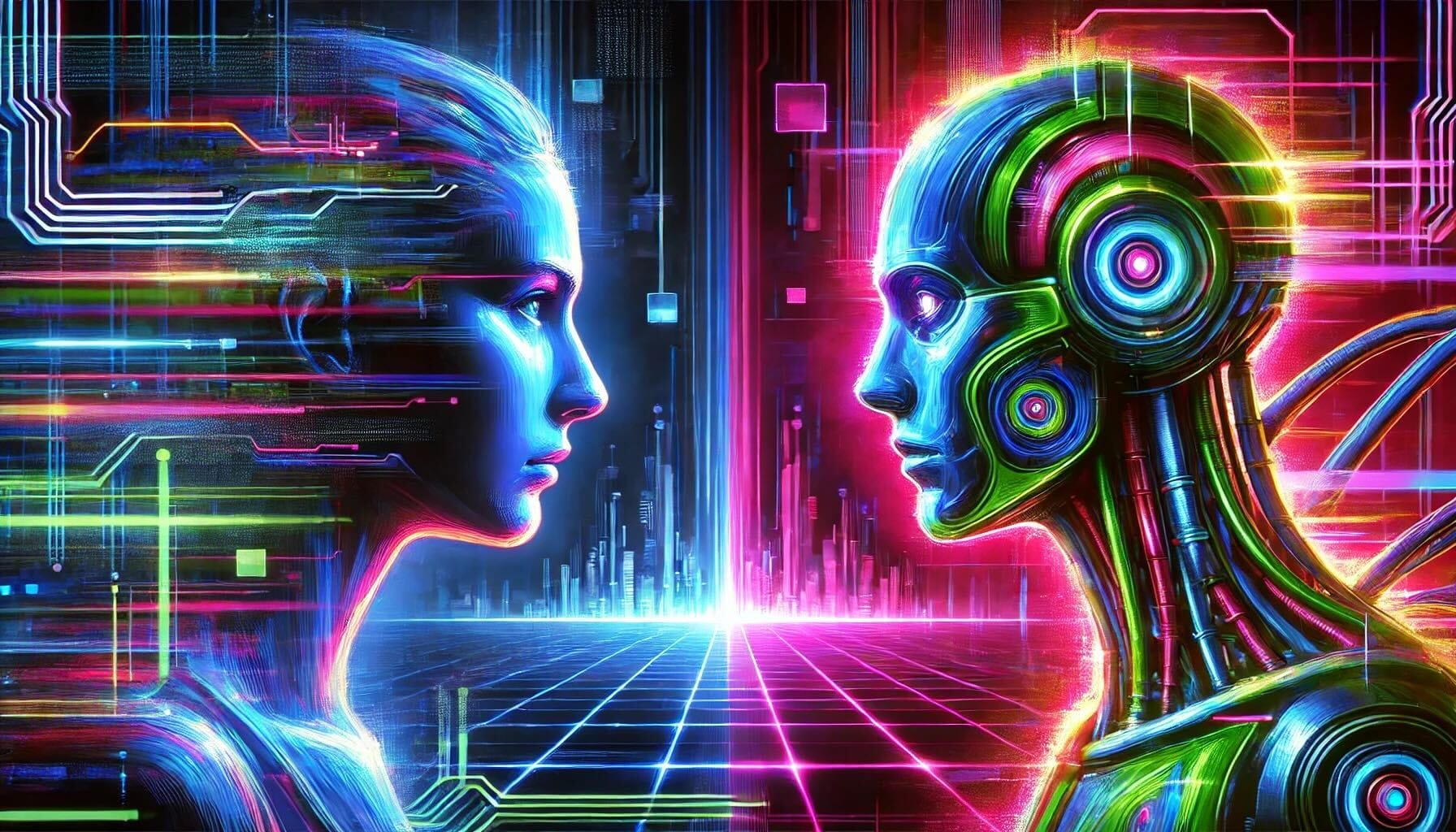

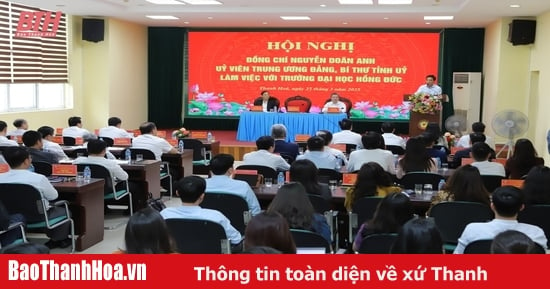

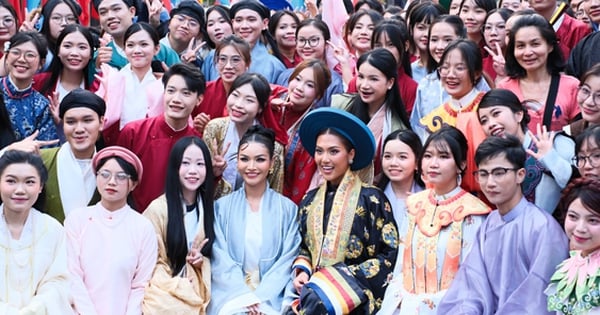






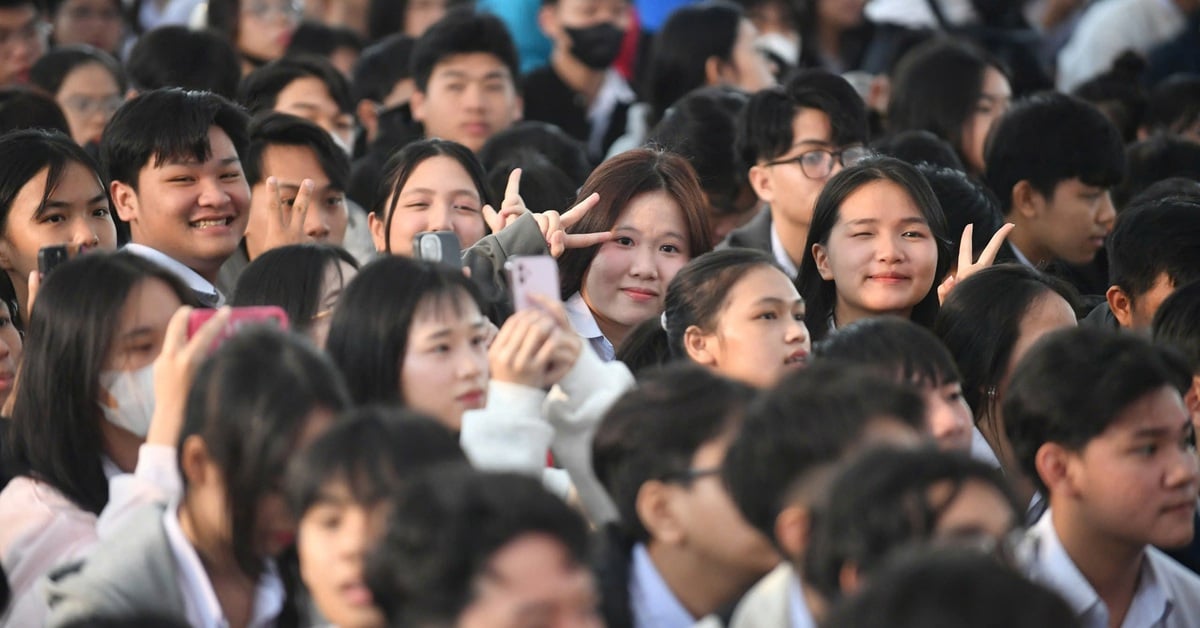


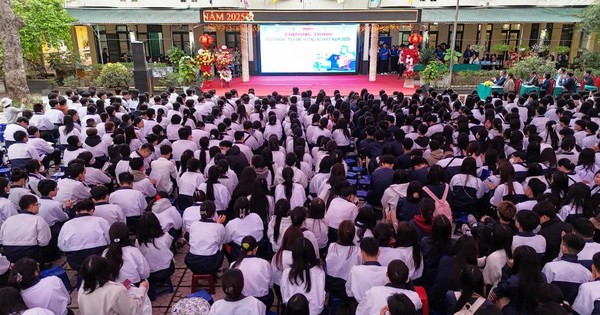





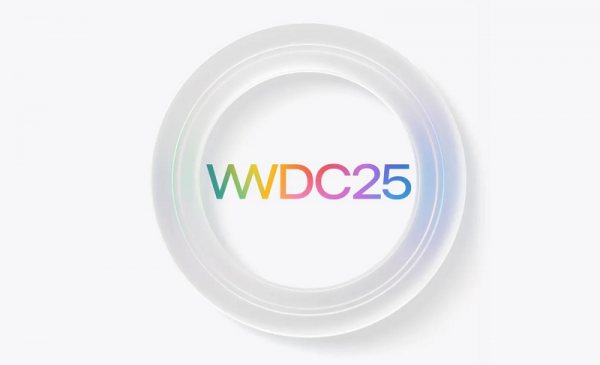

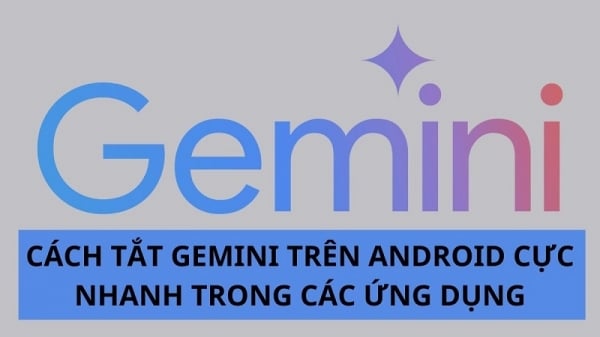

![[Photo] Prime Minister Pham Minh Chinh and Brazilian President Luiz Inácio Lula da Silva attend the Vietnam-Brazil Economic Forum](https://vstatic.vietnam.vn/vietnam/resource/IMAGE/2025/3/29/f3fd11b0421949878011a8f5da318635)













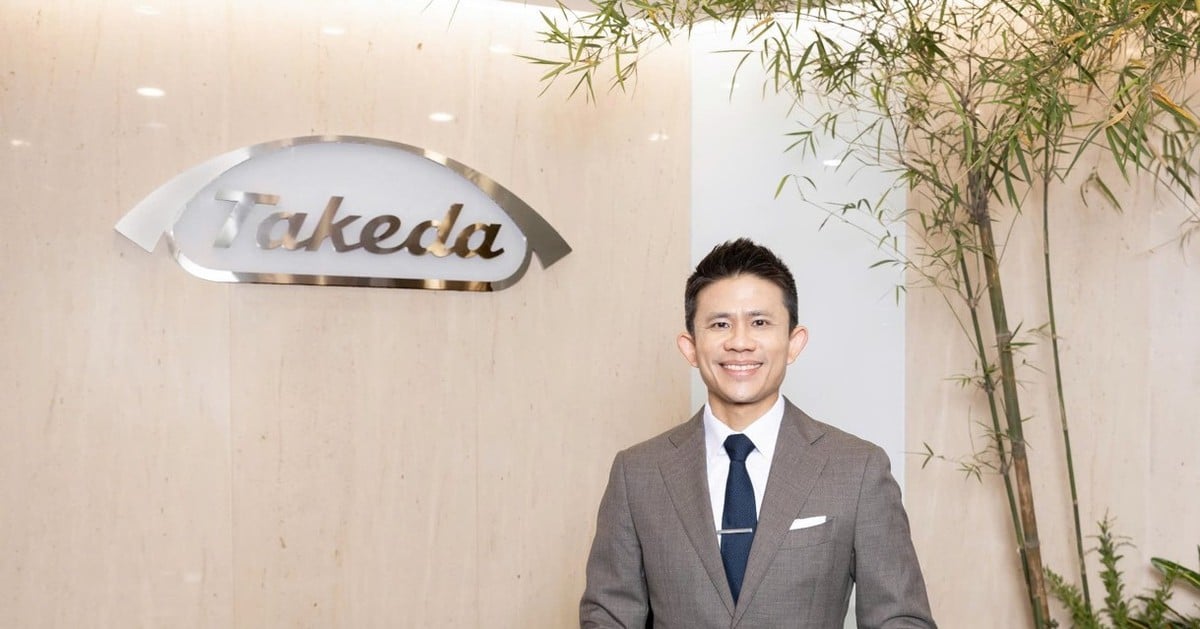

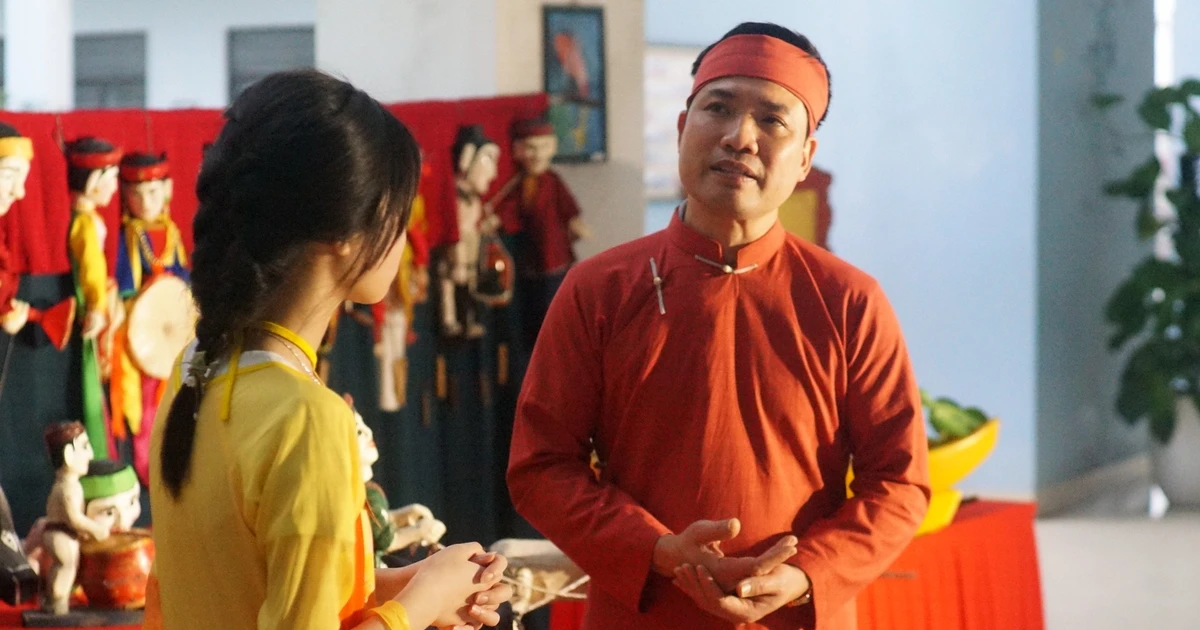
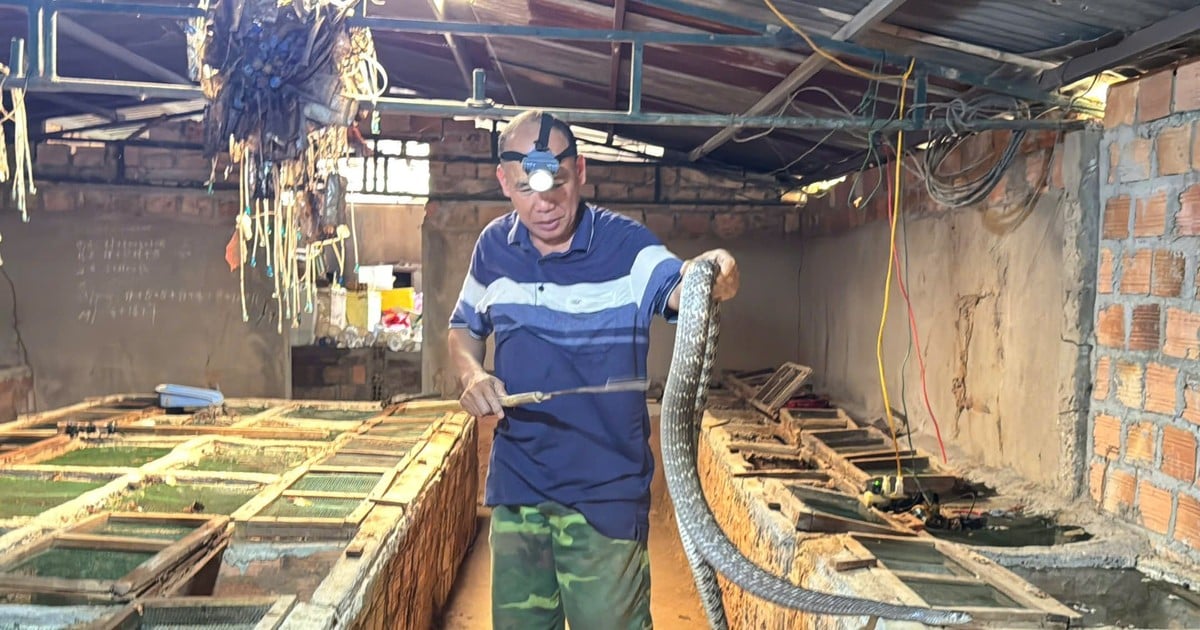
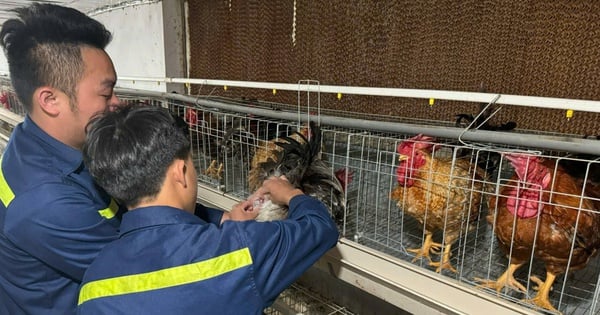










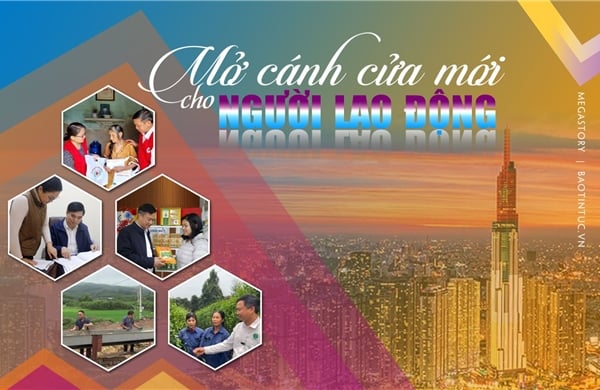
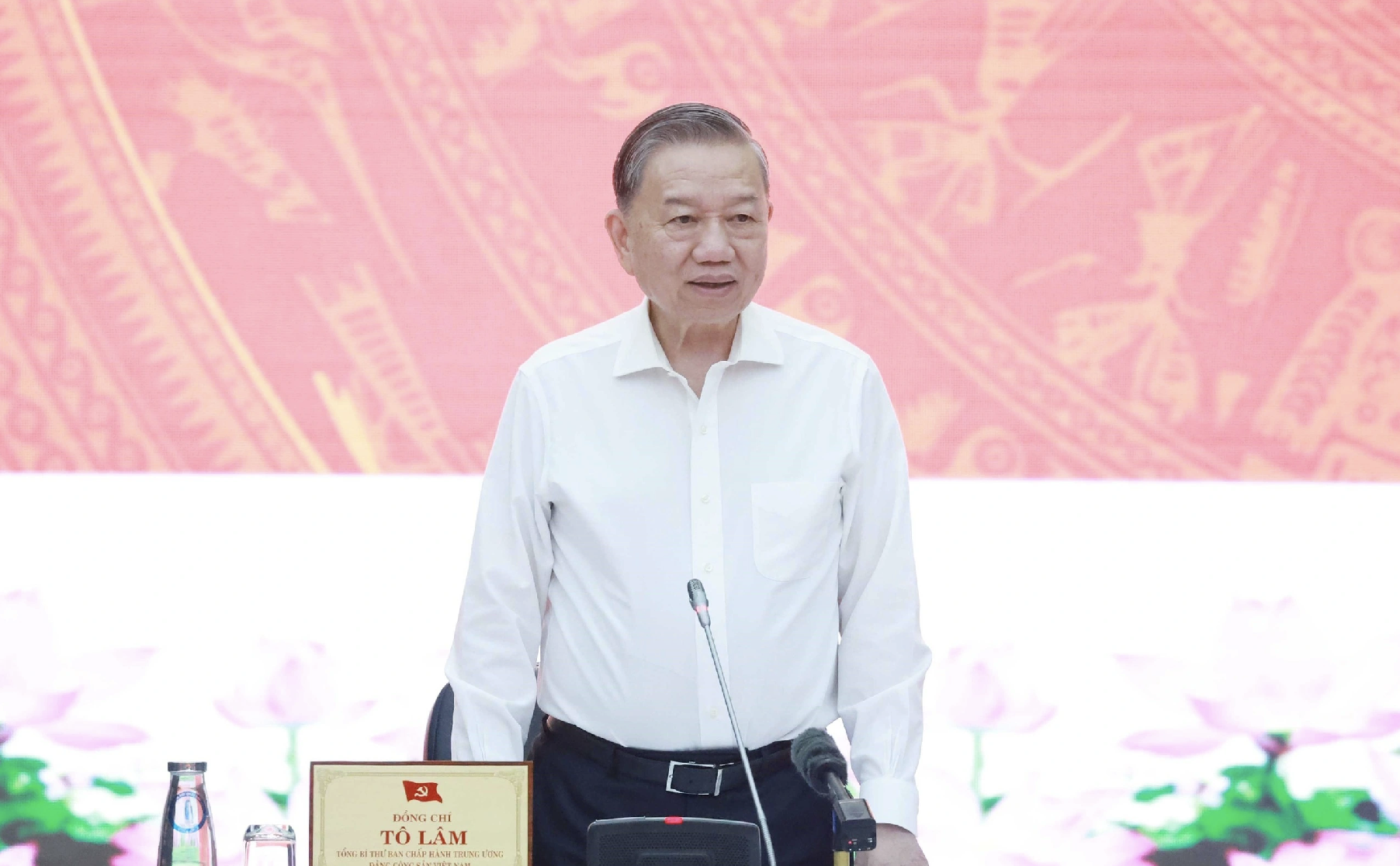
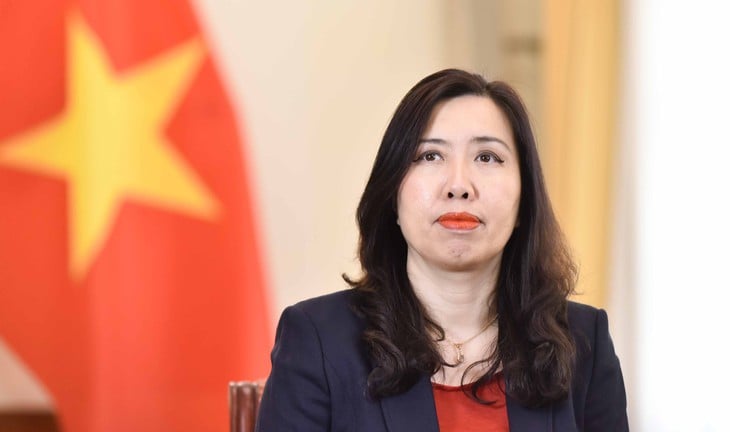


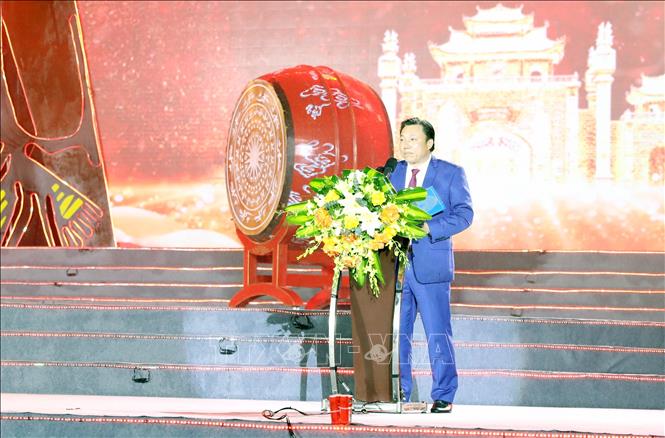



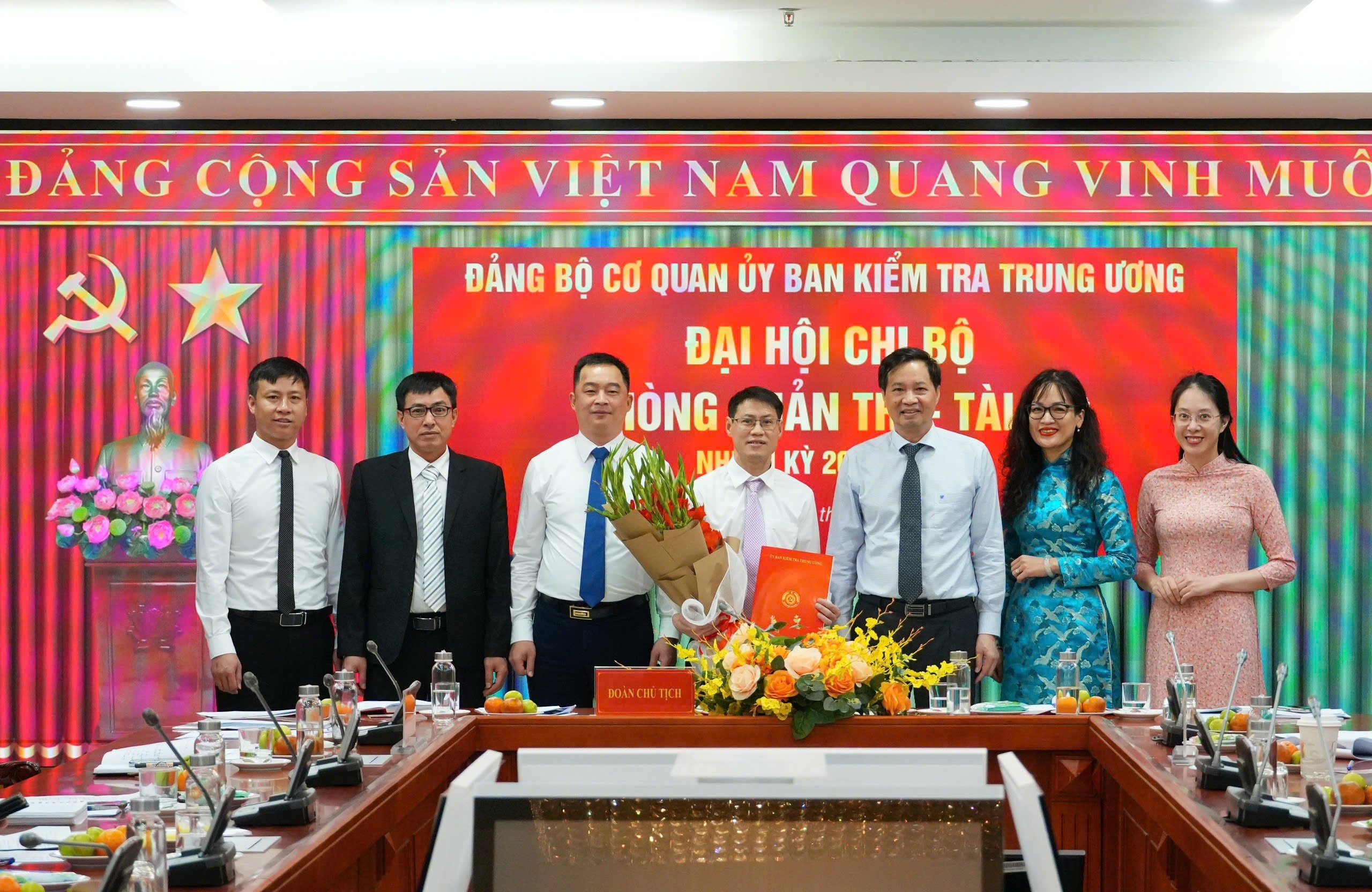
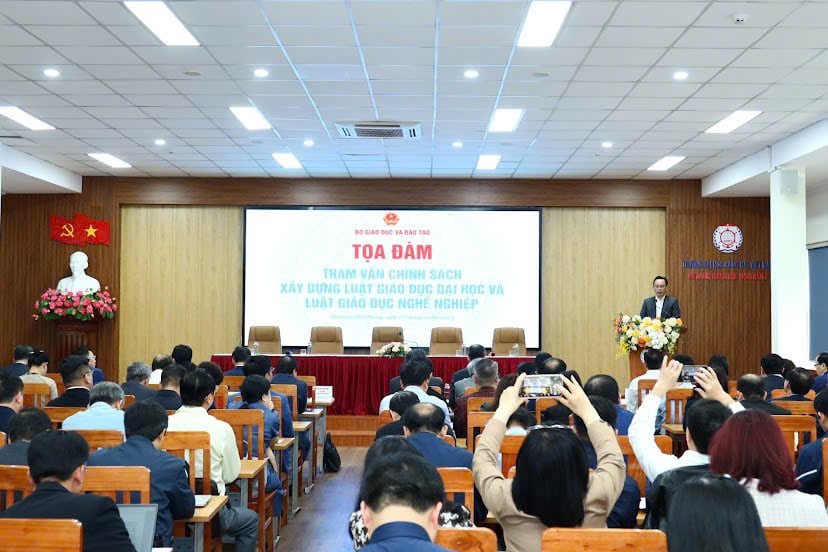

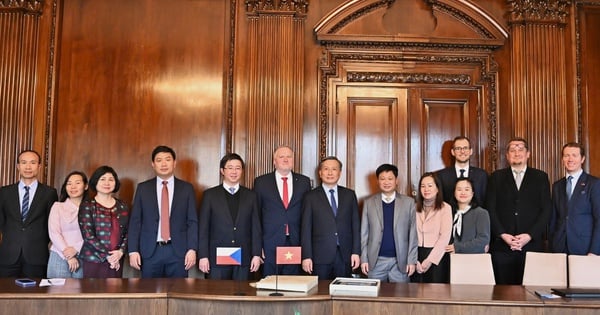

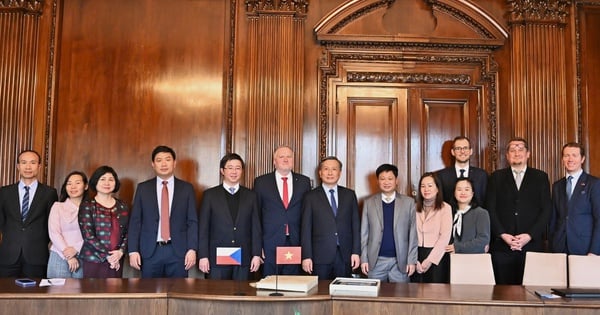
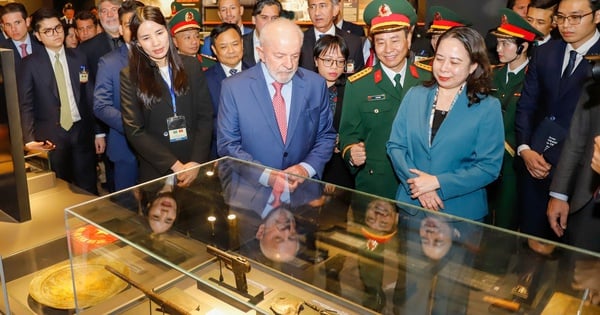

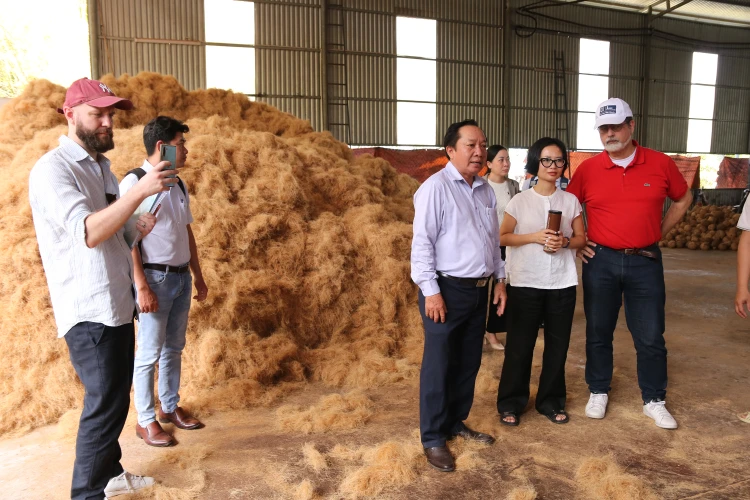




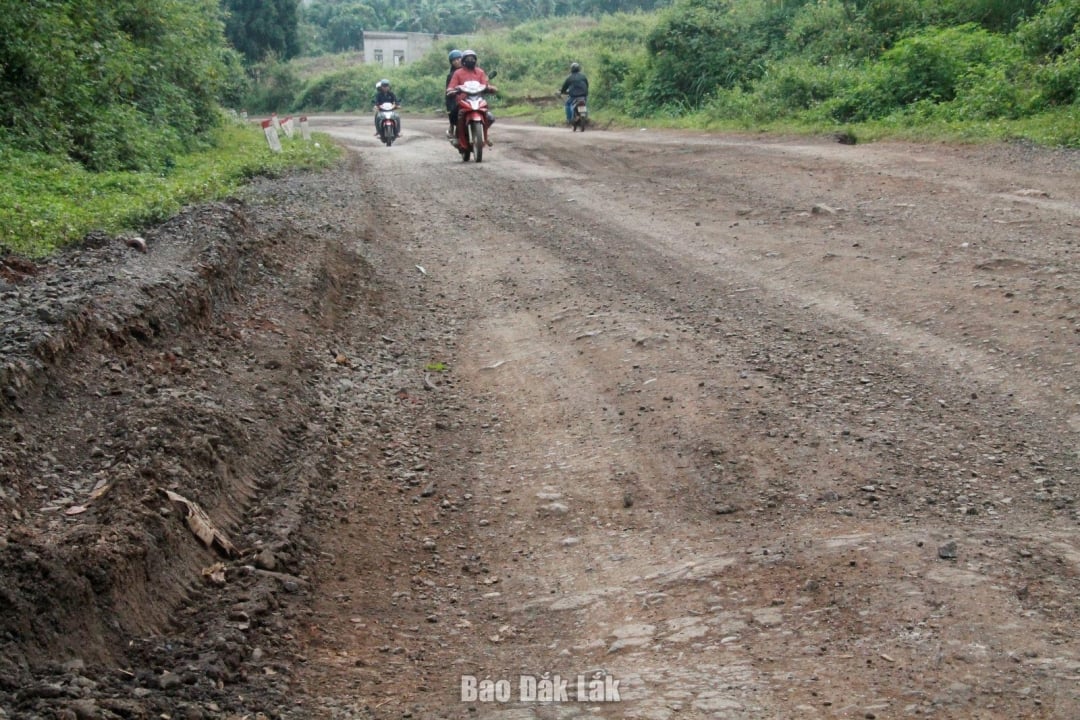





![[REVIEW OCOP] An Lanh Huong Vet Yen Cat](https://vstatic.vietnam.vn/vietnam/resource/IMAGE/2025/3/27/c25032328e9a47be9991d5be7c0cad8c)








Comment (0)